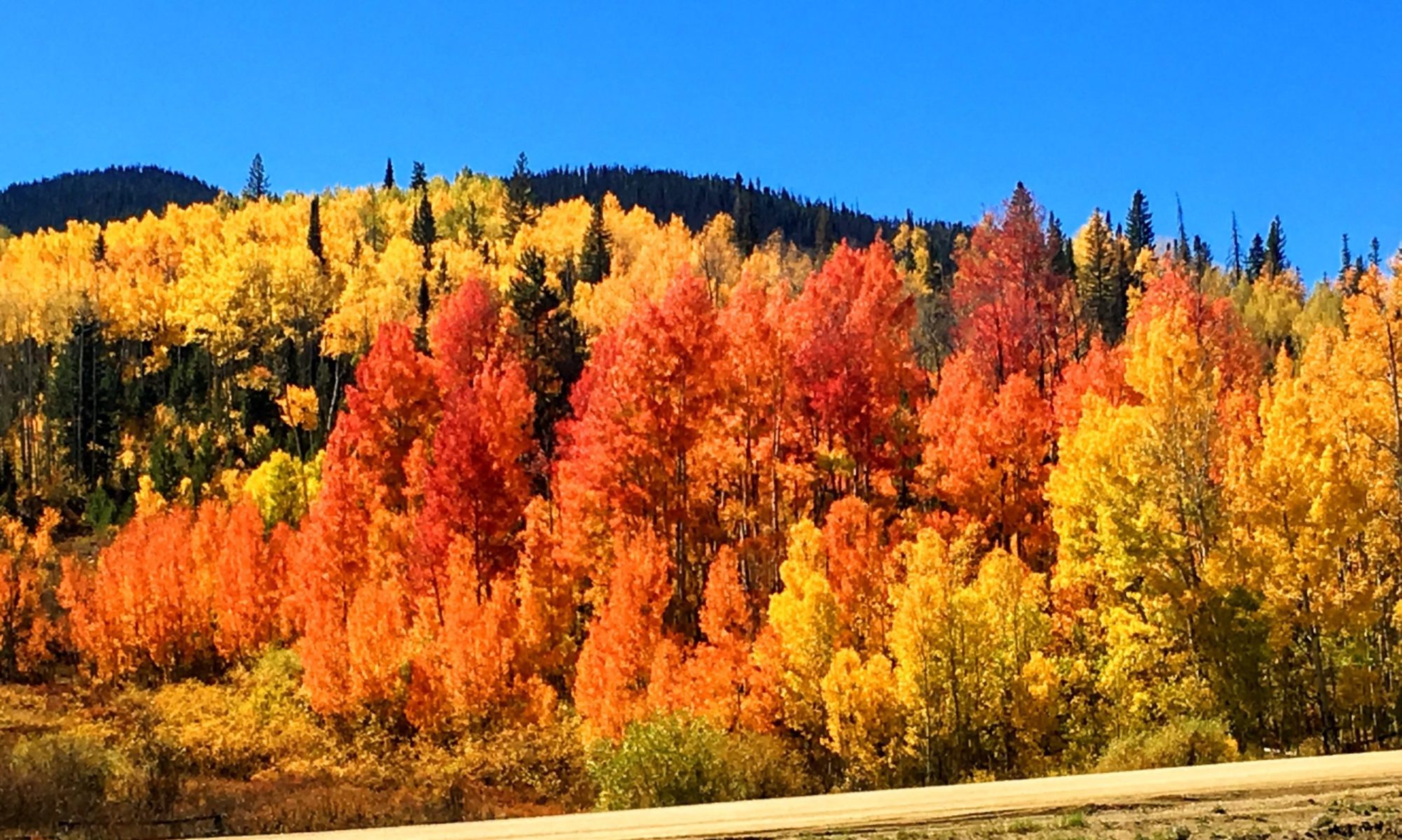Aspen, Colorado is a popular destination for outdoor enthusiasts, but it’s also home to a thriving population of bears. These majestic animals are a common sight in the area, and encountering one can be a thrilling experience. However, it’s important to remember that bears are wild animals and can be dangerous if not respected. In this article, we’ll explore some facts about Aspen’s bear population, provide safety tips for those who may encounter a bear, and share some interesting information about these creatures.
Facts about Aspen’s Bear Population:
- Aspen is home to both black bears and grizzly bears. Black bears are the most common, and they can be found throughout the area. Grizzly bears are less common, but they can be found in the surrounding mountains.
- Bears are active during the summer and fall, when they are busy foraging for food to build up their fat reserves for the winter.
- Bears are omnivores and will eat a variety of foods including berries, fruits, nuts, insects, and even fish and small mammals.
Safety Tips for Encountering a Bear:
- If you encounter a bear, stay calm and speak in a low, calm voice. Do not make any sudden movements or run away.
- Keep a safe distance from the bear and give it plenty of space. A bear may feel threatened if you get too close.
- If the bear approaches you, raise your arms to make yourself appear larger and speak in a loud, firm voice. This may make the bear retreat.
- Never feed a bear or leave food out in the open. This will attract bears to your campsite or home, and they may become accustomed to human food, which can lead to dangerous situations.
- Make noise while hiking, to alert bears to your presence and give them the opportunity to move away.
Interesting Information about Bears:
- Bears have an excellent sense of smell, which they use to find food. They can detect food from up to 20 miles away.
- Bears are excellent swimmers, and they will often swim across rivers or lakes to find food.
- Bears are not true hibernators, they undergo a winter sleep, during which their body temperature drops and their metabolism slows down, but they can wake up at any time if they need to. -Bear cubs are born small, blind and helpless, weighing less than a pound. They typically stay with their mothers for 2-3 years before striking out on their own.
In conclusion, Aspen’s bear population is an important and fascinating part of the area’s ecosystem. By understanding a little more about these animals and following safety guidelines, we can all enjoy the beauty and wonder of these creatures while also keeping ourselves and the bears safe. Remember to always respect the bears and their natural habitat, and we can all coexist peacefully.
